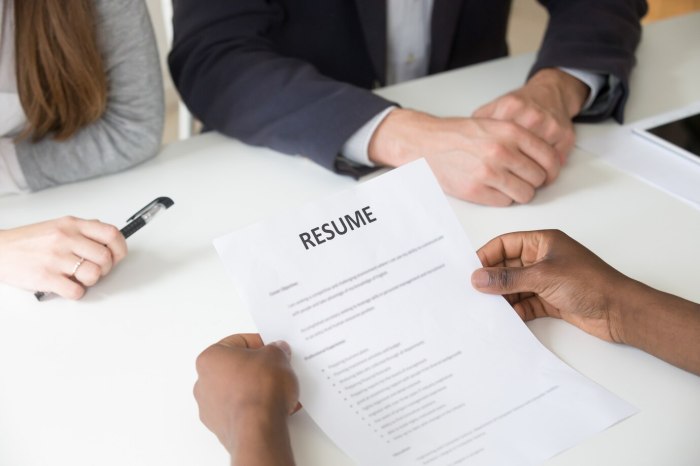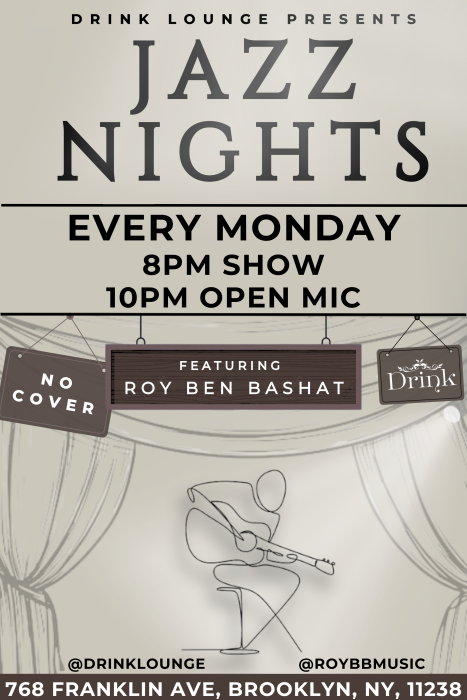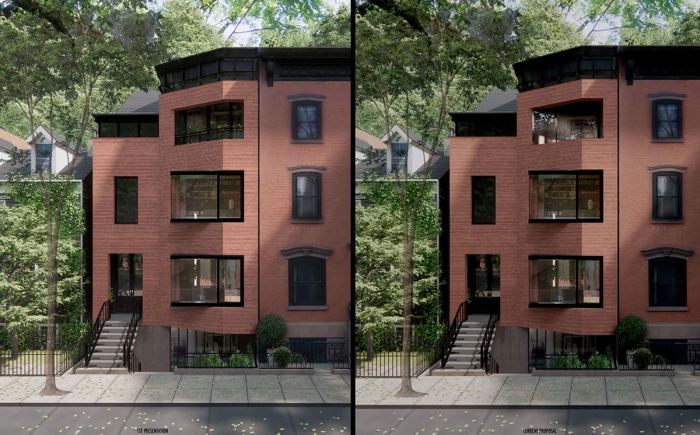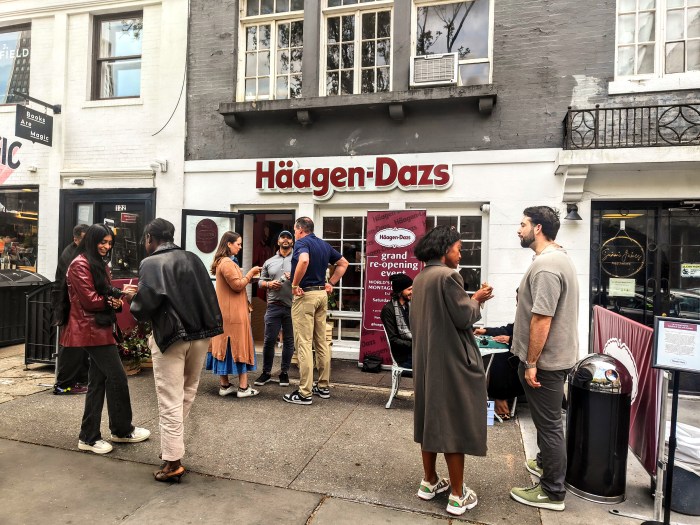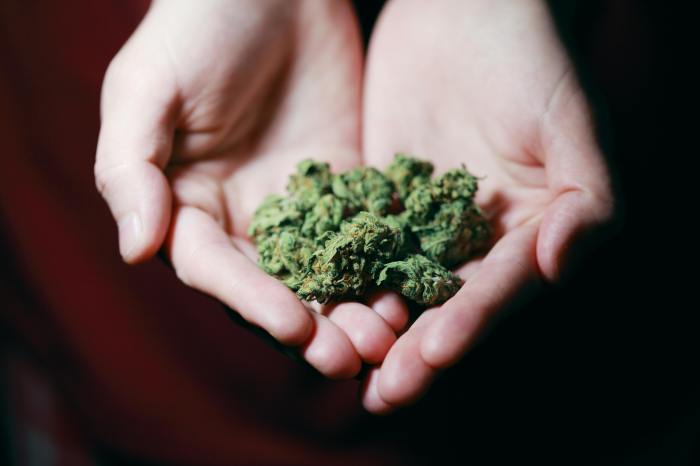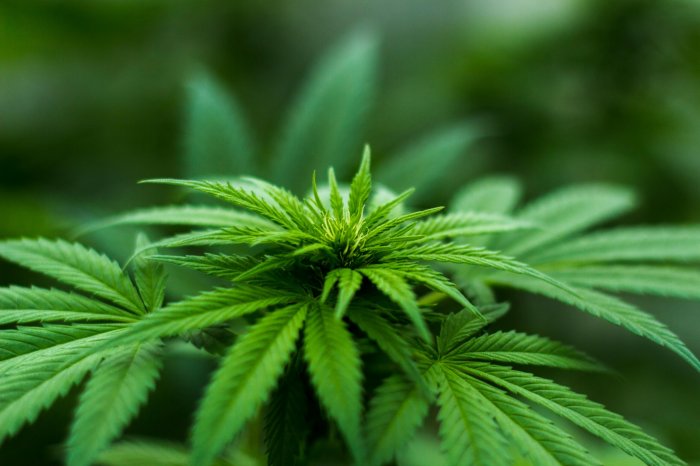They are making their voices heard.
Muslim residents of Brooklyn have spoken — and you can hear their words starting on Dec. 6, when the Brooklyn Historical Society launches its newest oral history project. “Muslims in Brooklyn” features interviews with 50 Muslims who discuss their lives in the borough. The recordings highlight the impact that followers of Islam have had on Kings county, and will ensure that their memories are preserved for history, said the project’s director.
“We thought it would be an important project to show Muslims have a long history in the U.S. and in Brooklyn — Muslims have played an integral role in shaping life in New York City and in Brooklyn, and they have also been shaped by life in Brooklyn,” said Zaheer Ali, the Society’s oral historian. “For our institution, we made a really important statement about the centrality and the necessity of having the history of Muslims included in our archives.”
Ali spent a year working on the project, recording the stories of aged 24 to 74. He pounded the pavement to find subjects to interview, drawing on community organizations and newspaper articles to find notable local Muslims, including activist Debbie Almontaser and scholar and activist Su-Ad Abdul Khabeer.
The borough is filled with Muslim history, said Ali: North America’s oldest functioning mosque, opened in 1931, is in Williamsburg; Bedford-Stuyvesant is home to Masjid Khalifah, a mosque founded by Malcolm X; and Atlantic Avenue became a hub for Arab business owners, who opened restaurants, bookstores, and shops there.
Many of the 90-minute to two-hour conversations did not focus on the narrators’ Muslims identities, but instead highlight the common aspects of our shared humanity, said Ali.
“[Islam] is not the box that they fit in, but the box that they stand on — it is an important foundation for many for our narrators, but it is not the complete summation of their experiences,” he said. “They talk about childhood, they talk about growing up, they talk about their experiences in school, activism, family life. What you see is that the experiences of Muslims in Brooklyn are like the experiences of many people in Brooklyn. That’s one of the amazing parts of that collection; it establishes spaces for people to connect across perceived differences.”
The Historical Society will host a “listening party” at its Brooklyn Heights branch on Dec. 6 to launch the oral histories, and plans to roll out an accompanying art exhibition, discussion series, and elementary school curriculum next year. The recordings will also be available online, said Ali, who hopes that listeners come to the collection eager to learn more about faiths and cultures different from their own.
“We hope that people come to this collection not satisfied that they have learned all they need to learn, but inspired to learn more,” he said.
“Muslims in Brooklyn” listening party at the Brooklyn Historical Society (128 Pierrepont St. at Clinton Street in Brooklyn Heights, www.brook




